Walter Jehne and I first met at a conference called Restoring Water Cycles to Reverse Global Warming at Tufts University, in 2015. It was an amazing gathering of people: Precious Phiri, Rajendra Singh, Michal Kravcik, and more. I was there with two high school students talking about the Climate, Water, Soil and Hope curriculum project. One of my students, Emaline Conkey, showed her video of the bread versus flour demo I had developed with her class. This was the premiere of a now well-known demonstration of how water soaks into healthy soil (like spongy bread), but runs off of degraded soil (like flour).
Walter—a soil microbiologist, forest ecologist and climate scientist from Australia—gave a talk called The Natural History of Water on Earth. He was only given 20 minutes to speak (having flown all the way from Australia), so he could hardly touch on his subject. But it was fascinating nonetheless: he gave a glimpse of 10 key processes we need to restore in order to restore our climate. He started with “the soil carbon sponge” as the foundation to all the hydrological processes on land, and the key intervention place for our time.
I had never heard this term before, but he was putting words to exactly what Emaline and I were trying to show. Meanwhile WE had given Walter a visual metaphor that quickly showed the audience what he meant by a “soil sponge.” Walter rushed up to us at the break and we began talking excitedly. Our mutual understanding and co-expansion of the soil sponge concept would become the foundation for a long collaboration in bringing the biotic climate narrative back into public discourse.
It was his first visit to the United States, and he was eager to see the countryside. After the conference, I popped him and his colleague in my car, and we tootled off to my home in Vermont.
Of course I hadn’t cleaned my house before setting off for the conference, and had no idea I’d have two Australians coming to visit on the way home. Walter and his colleague Tom settled right into the piles of books and dishes and clothes (and teenagers) that they found. “It’s perfect!” they exclaimed, while staking out their sleeping spots on a couch and some couch cushions on a floor.
I was feeling a little embarrassed.
“No worries, Didi, no worries at all.” said Walter, while moving aside some pots to get a glass of water. “We are used to working in the Australian bush, where the ground is hard, the temperatures are extreme, kangaroos are not as sweet and fuzzy as they are in your American books, and everything else is prickly and poisonous, so this is really quite comfortable compared to that. Now, you sit down and rest. Can I make you a cup of tea?”
Unlike the kangaroos, Walter was absolutely sweet and fuzzy, and f’ing brilliant to boot. He could put together every process in the universe in one compelling, flowing, illustrated narrative, and tell you how to solve everything, if you had time to listen. (I felt a kindred spirit in the way our minds work, and knew the feeling of trying to explain how modern issues are all interwoven. It had taken me nine years to write The Ecology of Care.) We visited farms and talked non-stop for the next several days, and he illustrated our conversations with drawings on paper napkins. Three days was nowhere near enough.
The next year I invited him to come back to the states to put on a multi-day seminar and conference together at Lake Morey Resort, in which we would explore these concepts in depth. That became our annual “soil sponge gathering” lasting five days, plus a month or two of speaking tours and other work together each year, until covid ruined our fun (and everyone else’s.)
Walter’s motto when we are plotting and planning events and trips together at my kitchen table has always been: “As long as it’s fun, Didi, as long as it’s FUN. Life is hard enough, so we don’t want to agree to anything that isn’t going to be fun.”
That motto not only took us kayaking on ponds and swimming in rivers in between writing projects in Vermont, it also defined the relaxedness of our annual conference that drew a small but loyal crowd to sit by the lake and think big. It took us on a speaking tour called “Can we Rehydrate California?” in the thick of the drought and wildfires. It took us to meet with farmers in Kansas, and investors, politicians and insurers in Chicago. It took us on speaking engagements at community colleges and at Harvard. It took us to a wildly competitive and contentious think tank—on cities and soil carbon—filled with big money at the Rockefeller estate in New York (where Walter and I compared which one of us had been given the nicer maid’s quarters to sleep in, and rode up and down the elevators at night to look at the art collection in the posh main rooms.) And it took us to Andhra Pradesh, India, where hundreds of thousands of farmers are successfully experimenting with planting crops before the rainy season, in part based on an amazing change-maker in India, named Vijay Kumar, coming across a relatively obscure video from our very first Vermont gathering at Lake Morey.
John Feldman’s new film Regenerating Life was inspired and filmed in part during our conferences, and captures a bit more of the background of this conversation, recorded in October of 2023.
I’ll try to dig around for more videos from our conferences, and hopefully Walter and I can record another conversation soon.
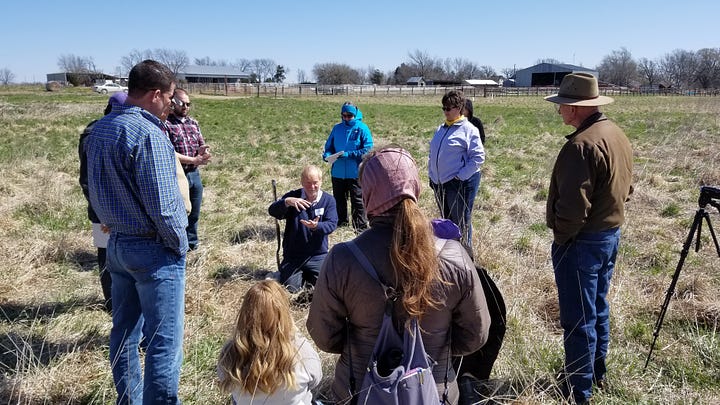
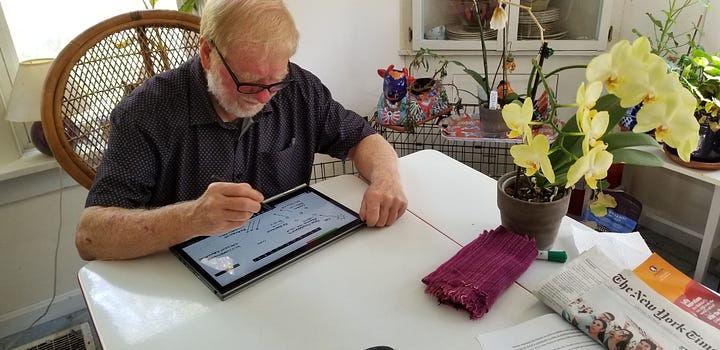
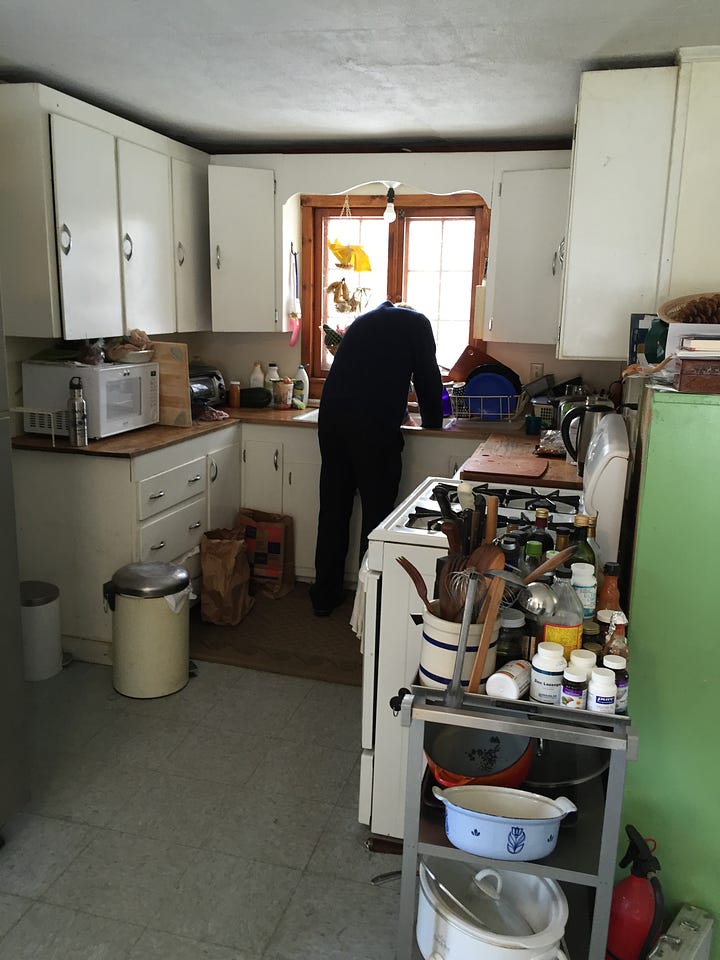
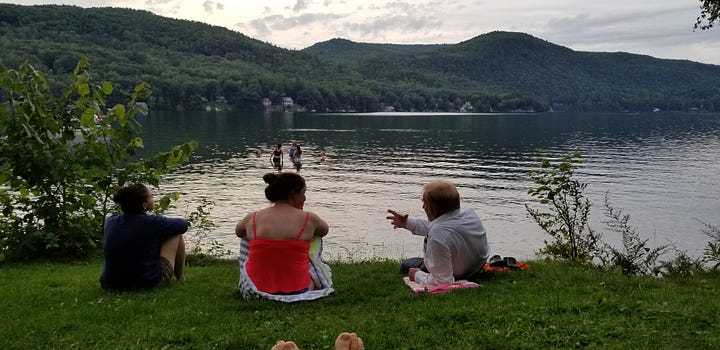







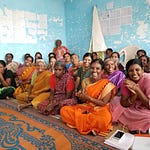
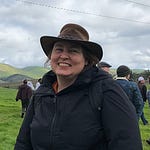
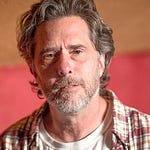
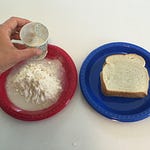
Walter Jehne and Didi Pershouse: clarifying climate history to find the right path forward.